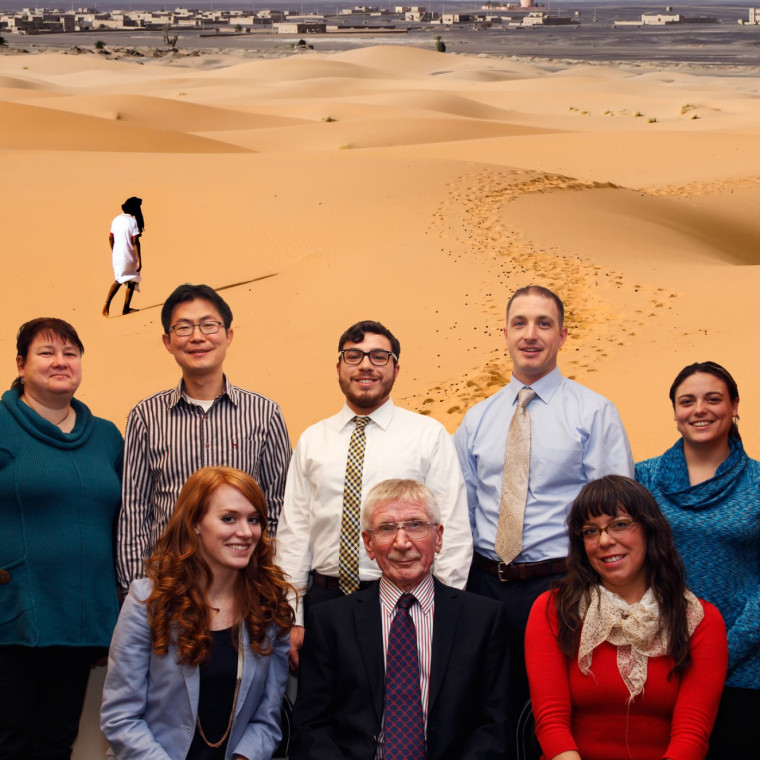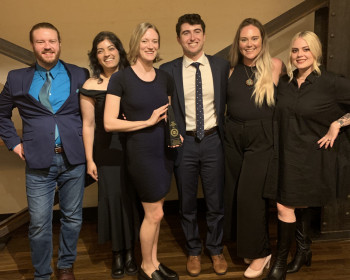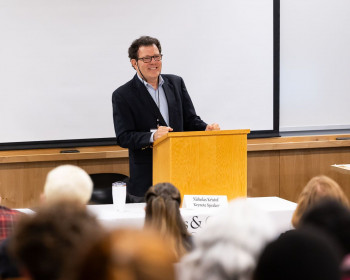A roadmap to where? Law school workshop condemns Mauritania over slavery strategy
This report is a product of work undertaken by law students in the Unrepresented Nations and Peoples Workshop at Lewis & Clark Law School in Portland, Oregon, in association with the Unrepresented Nations and Peoples Organisation in The Hague. At the suggestion of UNPO, the workshop selected for investigation and legal analysis the situation of the Haratin, an ethnic group suffering from slavery and an UNPO member, in Mauritania. This report will be used by UNPO in promoting the interests of its member, Haratin, represented by the Initiative de Résurgence du Mouvement Abolitionniste en Mauritanie (IRA), in international fora. The authors express their gratitude to Pierre Hegay, former Program Director at UNPO, for his continuing support and assistance; Johanna Green, current UNPO Program Manager; Tyler MacBeth for the cover design; Dianne Viales and Lisa Frenz for the production assistance; and Professor John P. Grant, who offered exceptional guidance throughout this process.
Open gallery

The law school’s Unrepresented Nations and Peoples Workshop has completed its examination of Mauritania’s strategy to combat slavery with a highly critical report. Mauritania’s strategy, a Roadmap to Combat Slavery published in March of 2014, was explicitly based on recommendations from the UN’s Special Rapporteur on slavery. While the Special Rapporteur called for a comprehensive and coherent strategy, Mauritania’s Roadmap is, according to the report’s finding, a partial and incoherent set of proposed actions, the implementation of which is spread among an alarmingly large number of government departments and agencies and over a diffuse timeframe. The report concludes that “the optimism trumpeted in the Roadmap and endorsed by the Special Rapporteur is misplaced.”
This report is the product of work undertaken by law students in the Unrepresented Nations and Peoples Workshop in association with the Unrepresented Nations and Peoples Organisation in The Hague. At the suggestion of UNPO, the Workshop selected for investigation and legal analysis the situation of the Haratin, an ethnic group suffering particularly from slavery in Mauritania and also a UNPO member. The report will be used by UNPO in promoting the interests of the Haratin in international fora and will be sent to a number international human rights bodies, including the Special Rapporteur on slavery.
Professor John Grant, who supervised the workshop, said: “This is a remarkable report by a remarkable group of students. Mauritania ranks first – worst – in the Global Slavery Index and has done for years, and the report exposes, through rigorous analysis, the flaws in its feeble plans to combat slavery.”
The workshop members are (top row, L to R) Annie Szvetecz, Jong Sun Park, George MacDonald, Aaron Baxter, Christina Gonzales (bottom row) editors Samantha MacBeth and Shannon Garcia flanking Professor Grant.
Law Communications is located in room 304 of Legal Research Center (LRC) on the law Campus.
MSC: 51
email jasbury@lclark.edu
voice 503-768-6605
Cell: 626-676-7923
Assistant Dean,
Communications and External Relations, Law School
Judy Asbury
Law Communications
Lewis & Clark Law School
10101 S. Terwilliger Boulevard MSC 51
Portland OR 97219

